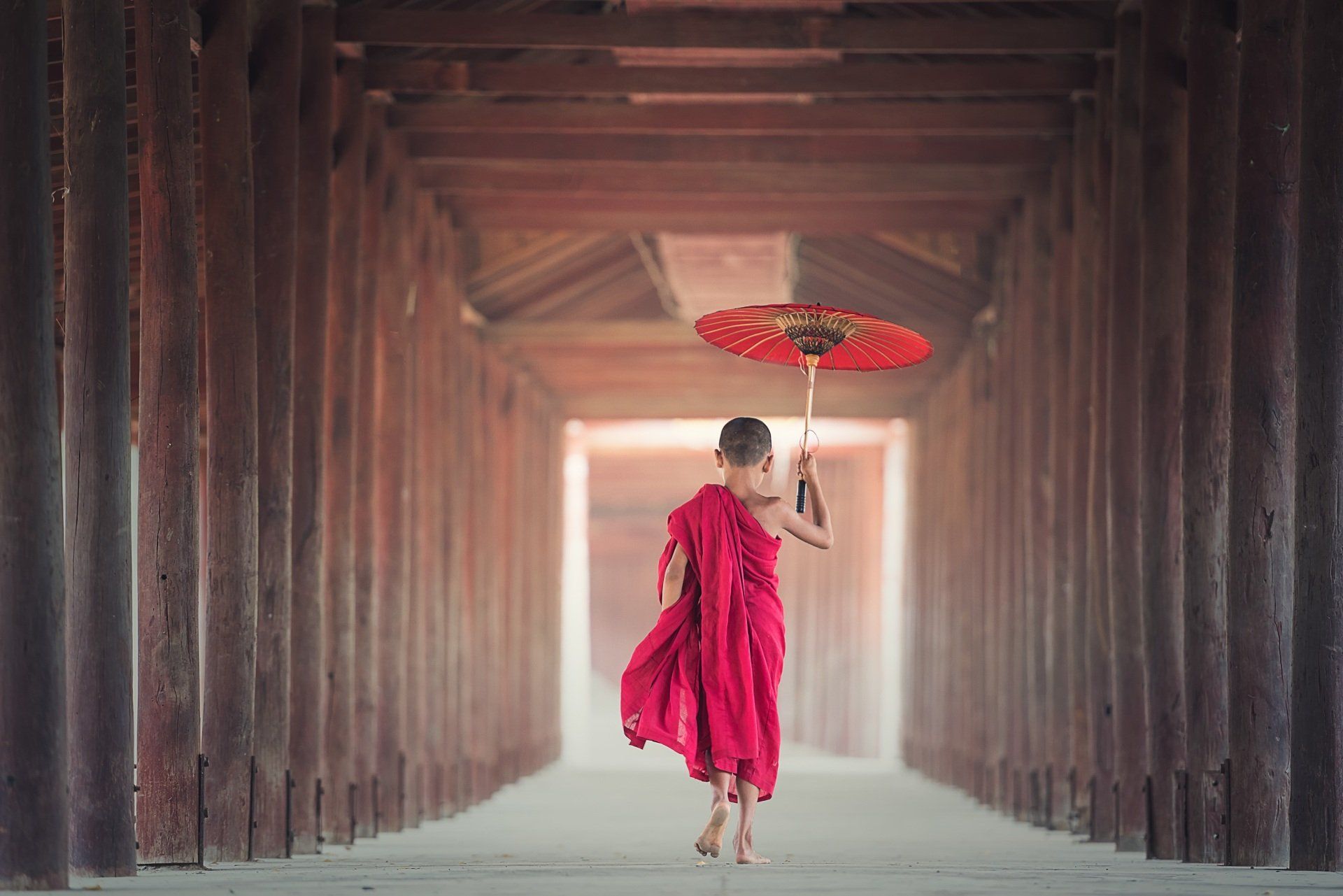Zazen and Philosophy (free will vs determinism)
Even though thinking is to be avoided in zazen, practitioners, without deliberation, do resolve a particular issue in philosophical thought, and in doing so enter a full life.

One of the concerns of Buddhist thought, as well as thought from Hindu sources prior to Buddhism, is the issue of free will vs determinism. Sometimes there is a good deal of self-contradictory commentary that issues from Buddhist writers and speakers on this issue. For example, Ajahn Amaro, writing in the journal Buddhadharma, says, “. . .What we experience in the present moment is preconditioned. It is the result of everything that has happened in the universe since at least the Big Bang.” “Our life is preconditioned.” To me this seems clearly to say that our actions are predetermined. However, continuing in the same paragraph, Ajahn Amaro says, “What we do here in the present moment is entirely our decision.”[1]
It is understandable to want to have it both ways, as Ajahn Amaro here, determinism and free will together. On the one hand, the principle in Buddhism of dependent co-arising says that nothing is self-powered; rather, all things are other-powered, that is, powered by causes and conditions outside of themselves. On the other hand, when it comes to applying this deterministic view to human beings, it seems to fly in the face of what most of them think they experience, which is that they make their own decisions and run their own lives. The idea that nothing is self-powered seems ridiculous when applied to themselves.
There are also Buddhist commentators who take a deterministic view. For example, Kaizan, the Great Patriarch of Soto Zen, says in a passage I have redacted a good deal, “. . .That which causes the eyebrows to raise and the eyes to blink” “cannot be discerned in seeing or hearing.” “. . . It is something whose name you don’t know. . . .” “. . .It causes you to be born, causes you to die, causes you to move and act, causes you to perceive and feel.”[2] Also Reb Anderson, the head dharma teacher of the San Francisco Zen Center, says, “What I am is actually what everything has made. In that sense, each of us is under control. The entire cosmos is controlling us, but individually we cannot control anything.” [3]
Some commentators from the Hindu tradition contradict in an even more explicit way the notion that man has free will. Nisargadatta says, “There is a universal power which is in control and is responsible.” “Just realize the One mover behind all that moves and leave all to Him.” “What is wrong in letting go the illusion of personal control and personal responsibility? Both are in the mind only.” [4] Again from the same teacher, “Why do you talk of action? Are you acting ever? Some unknown power acts and you imagine that you are acting. You are merely watching whgat happens, without being able to influence it in any way.”[5] Another teacher in the Hindu tradition, Ramana Maharshi, was asked, “What is the end of the path of knowledge,” and he responded, “It is . . . to be free from the feeling of being the doer.” [6]
Zazen, when pursued regularly and usually for a long period of time, brings a person to a sense of things that resolves the issue solidly on the deterministic side. As treated in other of these essays, as the personal self or “I” gradually drops away in zazen, there emerges an intuition that one is not bringing anything about himself, but rather that, to use Nisargadatta’s words above, “there is a universal power which is in control and is responsible.” In other words, as Ramana Maharshi says, one becomes “free from the feeling of being the doer.”
Even though “determinism,” similar to “fatalism,” carries negative connotations in English, the feeling of being “other-controlled” is liberating in practice. When the feeling of being a “doer” leaves the zazen practitioner, a weight is lifted from his shoulders. In a non-reflective or unconscious way, he turns his life over to “some unknown power.” In Buddhism, to my knowledge, there is no name for this power that is commonly agreed on. Nevertheless, sensing it is the ground of gratitude and reverence. It is the beginning of a truly religious life.
Footnotes
- Ajahn Amaro, “Who’s Pulling the Strings?,” Buddhadharma, Winter, 2014, pp. 29-30.
- Zen Master Keizan, Transmission of Light, Shambhala, 2002, p. 140.
- Reb Anderson, Warm Smiles from Cold Mountains: Dharma Talks on Zen Meditation, Rodwell Press, Berkeley, 1999, p. 42.
- Sri Nisargadatta Maharaj, I Am That, Durham, NC, 1973, p. 151.
- Ibid., p. 238
- The Spiritual Teaching of Ramana Maharshi, Shambhala, Boston and London, 1988, p. 17.
All Rights Reserved | Zazen Essays